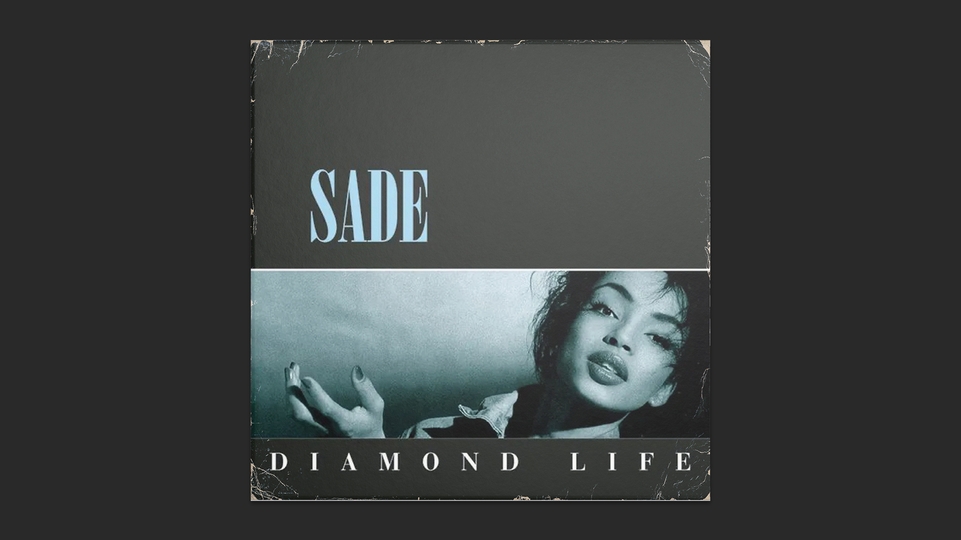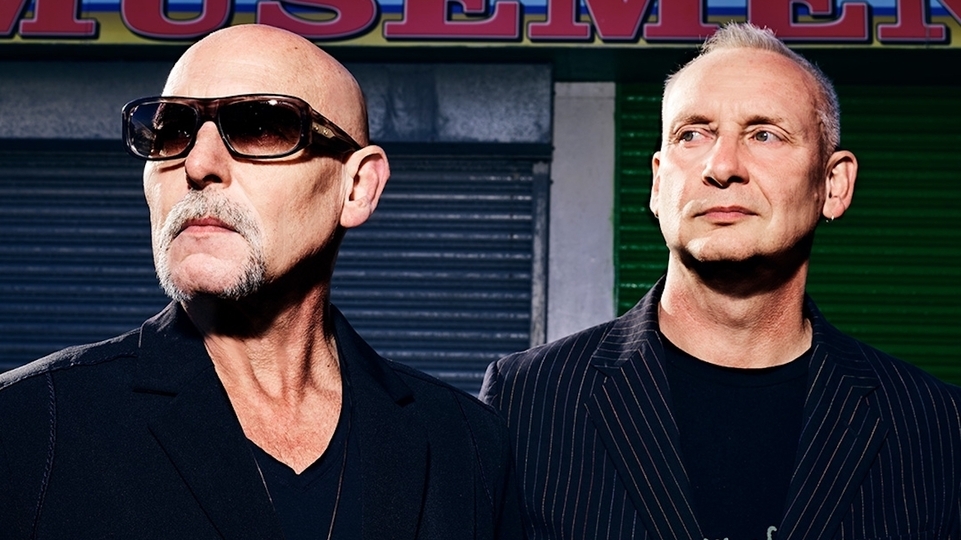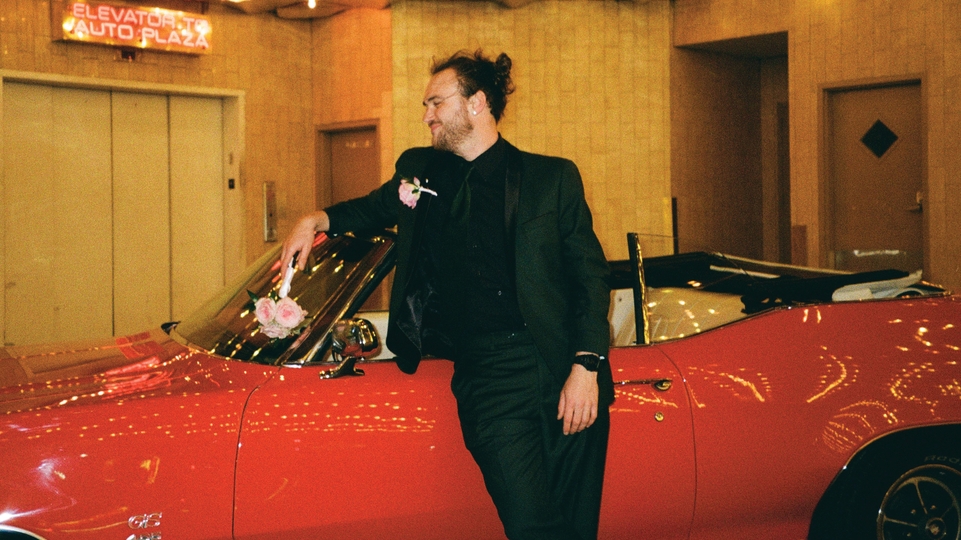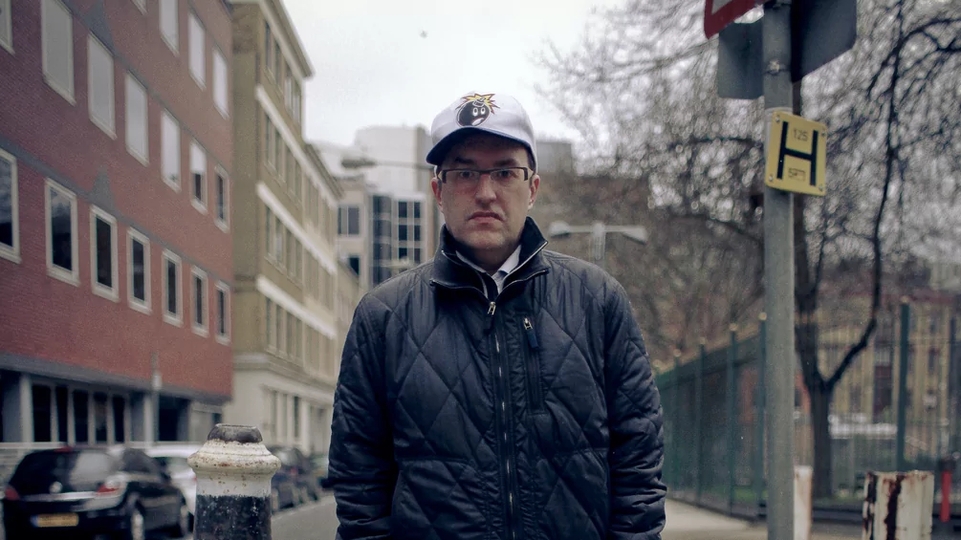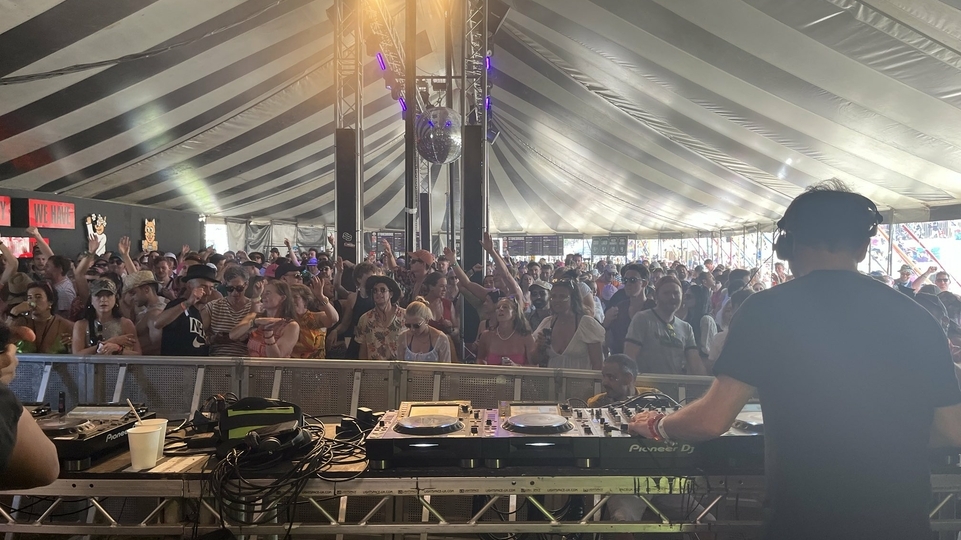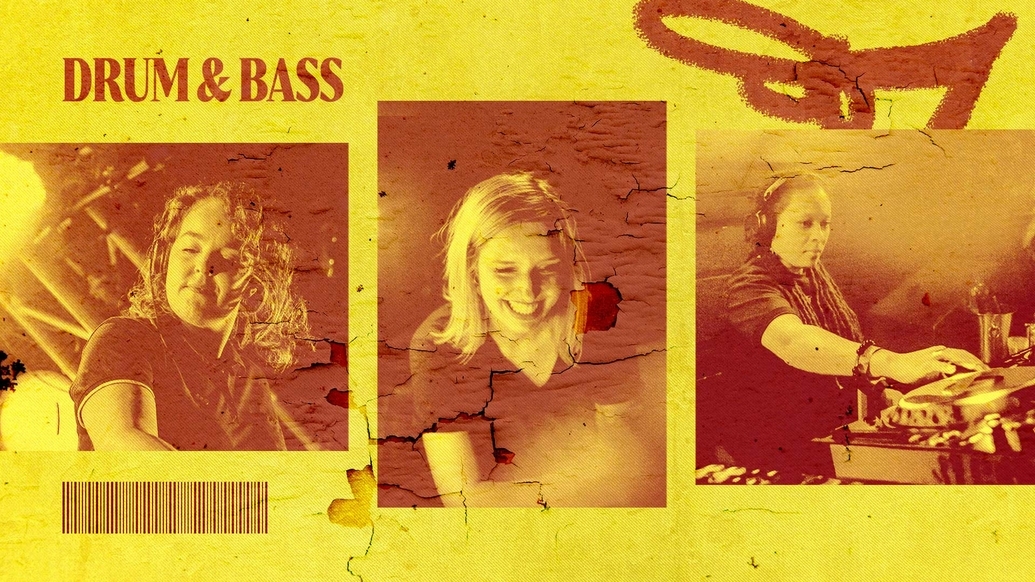
Drum & bass is finally addressing its diversity problem
The UK drum & bass scene has become overwhelmingly male and white. DJ Mag's Becca Inglis speaks to artists, promoters and label owners who are working to change that
The push to close the “gender play gap” has accelerated this summer. At least 190 festivals have committed to booking 50/50 gender split line–ups by 2022 and over 250 labels and venues have signed up to the PRS Foundation’s Keynote pledge, as we reported in June. While these initiatives will hopefully promote better representation, three years can feel like a long time to wait — especially after Barcelona festival Primavera achieved their first 50/50 split line-up this summer.
Partly inspired by this momentum, women in the UK drum & bass scene are taking matters into their own hands. On New Year’s Day last year, DJ Mantra posted some startling figures on her Instagram showing the dearth of women on top tier labels’ event line–ups: only two out of 251 DJs booked by Hospitality in 2017, three out of 90 at Critical, and one out of 75 at Metalheadz, were women.
With booking agencies like Discwoman campaigning for better gender representation in other electronic music genres, there was a sense that drum & bass was lagging and could use a group of its own. London–based DJ and Rupture founder Mantra, along with DJs Sweetpea, Storm, and Flight, set up the first EQ50 event last December. As well as sharing practical tips at workshops, the group talks about the barriers they face in navigating various elements of the drum & bass scene. “The whole point of the event is to give women and non–binary folk an open space to ask questions and learn,” says Sweetpea. “For the future generation of women to want to get involved, and to love it. The whole scene is about being passionate for the music, so spread that good vibe.”
“A huge part of it is creating a network,” says Mantra, citing her own link–up with the emerging DJ Decibella. Unable to attend the first EQ50, Decibella sent one of her mixes to the group online, which caught Mantra’s attention. She’s since played multiple Rupture nights, featured on SHERELLE’s Reprezent Radio slot with the EQ50 crew, and secured a release from DJ Stretch’s label AKO BEATZ. “I’m sure I would have met [Decibella] at some point, but who knows when?” says Mantra. “And she’s the most incredible producer, which is such a buzz. There are loads of amazing DJs [in the scene] but not quite so many producers.”


The rise of the producer–DJ in drum & bass has made it tough for new selectors to break through. A cursory glance at the Hospital, Metalheadz, and Critical rosters can make it seem like women who make beats are in short supply, and Sweetpea is the only female producer signed to Hospital’s sister agency Clinic Talent. But the women of EQ50 believe that there are deeper reasons for this.
Decibella hadn’t published any of her own music before Mantra heard it, and Sweetpea argues that there could be more like her. “I was making music long before I actually released anything,” she says. “For me, that was purely down to confidence. Most of my first tunes that came out were about four or five years old.” Mantra agrees that confidence can be an issue. “I think it’s the additional pressure of being a woman in what can essentially feel like the man’s world,” she says. “It can take its toll on your psyche.” For them, part of the solution lies in community–building. Women can encourage each other to have confidence in their music and push themselves to the forefront.
After Hospital Records published their commitment to book more women on their line–ups on International Women’s Day this year, they launched their Women in Drum & Bass Facebook group, with the aim of building a visible, supportive space for women in the scene. “50/50 is going to take a while, just because of the talent pool,” says Ellis. “We’ll get there, but I think we’ve got to go to the root of the problem of why there seemingly aren’t as many female DJs to book. Something I really want to try and do, using the platform that Hospital has, is to inspire more women to get involved.”
The group has since grown to over 1,000 members. The next step is to see what tangible actions can springboard from that online space. Hospital announced in June that they are inviting submissions to their new Women in Drum & Bass SoundCloud playlist. With the labels Facebook followers count at more than 250,000, the playlist could give new DJs a huge boost in terms of discoverability. They also held their first networking event for women in the London scene in July, at Hospitality on the Beach, and have plans to host more in the near future. “I’d really love it if someone who wants to get into DJing comes along to an event, becomes friends with a DJ, and end up teaching each other,” says Ellis. “Those kind of natural things that happen.”

“It’s hard for women and it’s even harder for black women. Representation is everything. When there is no visibility for black women within drum & bass, that’s shocking.”
The impact of Hospital’s pledges may take some time to be felt, but they have inspired productive conversations across the industry. When DJ BCee read their statement in March, it spurred him to re–think how he was structuring his own label, Spearhead Records. He followed up with a commitment to seek out emerging female artists to work with.
“My defence had always been, ‘Well, there aren’t any more because I’ve booked all the women that are right for the Spearhead night,” says BCee. “My [new] thoughts were, ‘Let’s not just throw women on a line–up so that we look good as a label, but start asking ourselves how to address this problem in the long term?’ I came to the conclusion that the way to do that is to start investing in new artists now so that there are headline acts to book in the future.”
Decisions like these make all the difference to gender inclusivity at the festivals, who often look to regional promoters as tastemakers. Today’s underground club headliner could be tomorrow’s festival headliners. BCee has already made it some of the way to a 50/50 lineup for Spearhead’s Summer Day Party in August, including a closing set from Sweetpea, but his goal to incubate new talent is more of a slowburner.
Spearhead is a one man operation that releases five or six EPs or full–length records per year. “I’ve reshaped my label a bit to do compilations, to include more people,” BCee says. “When I’m just doing a few releases each year the door can feel closed – to men and to women – and what we need in the scene are some open doors. I want to change the way I do things to make room for everybody.”
Part of that involves looking beyond his usual circle for new music. Otherwise, says BCee, “I’m only listening to stuff because one of my male friends has pointed out that another one of our male friends is making tunes.” As a small label, time to scour through the 100 or so demos that he receives every week is spare, so BCee often relies on word of mouth to source new artists. He knows this has to change. “Our scene hasn’t had a fair playing field,” he says, “because it has been a bit of a boys club of ‘listen to this’ to sign stuff.”


EQ50 organiser and drum & bass DJ Flight believes that this lack of awareness could be one reason why women are often left out of the peer–to–peer A&R process. “It would be nice if the people who are making decisions about who is given what and who gets to play were more aware of why they’re making those decisions,” she says. “The people that took over the bigger positions of power and grew their labels, they tend to book in their own image.” She’s currently working towards the next EQ50 event, at Fabric on Friday 26th July. Nikki Ellis, head of promotions at Hospital Records, will host a social media workshop, and DJ Flight will host a panel discussion about women of colour in the scene, with MC Chickaboo, Robyn Chaos, and SHERELLE.
“It’s hard for women and it’s even harder for black women,” says Mantra. “Representation is everything. When there is no visibility for black women within drum & bass, that’s shocking.” Flight agrees. “Part of the difficult discussions that need to be had are where people see sexism and misogyny, there’s also misogynoir – sexism directed towards black women. This is something that has probably never come up in drum & bass, but it should. I’ve had a conversation with Mantra about this. [Male scene figures] are happy to have almost a mother or sister figure, working behind the scenes and helping them do the day-to-day stuff... running the label, acting as their agent. But you don’t really see any of us being brought to the forefront. I’m very grateful that I’ve had the kind of career that I’ve had. But why aren’t there more [like me]?”
The UK drum & bass scene does not exist in a bubble. The implicit biases that engender racism and sexism in everyday life can deeply influence what happens in underground electronic music. Mantra was initially hesitant when Flight invited her to the panel, which sparked a conversation about how whiteness affects people’s position within the scene. “She said that a lot of people probably see her as being white, because she’s fair skinned,” says Flight. “That's what makes it even more interesting. That’s when colourism comes into play. The more adjacent to whiteness you are, the more you benefit [from anti-black racism]. I'm a light–skinned mixed woman, so I have probably benefited quite a lot over darker skinned women who have tried to make a go of things.”
The panel is a response to what Flight calls a “whitewashing” of the scene, where once–diverse raves have become majority white crowds and line–ups. “You can go back through different genres of music and how things have been appropriated – jazz, rock & roll, blues,” she says. “Obviously, there are still a lot of black artists around [in drum & bass], but it used to be so much more mixed.”


Flight’s passion for DJing was sparked in the mid–’90s when she saw Kemistry play with her Metalheadz partner Storm. She believes that the need for representation among new DJs entering the scene is just as crucial today as it was in the scene’s early days. “Kemi and Storm came on and absolutely blew my head off with their selections,” remembers Flight, “but it was also the sight of Kemi, a brown woman with bleached locs. Rap was my favourite DJ for a while, but it wasn’t quite enough to make me think, ‘Shit, I need to start buying records, I need to learn how to mix.” Kemi did that for me.”
Along with drum & bass's recent resurgence, helped along by UK promoters Rupture, Deep In the Jungle Records, and recent albums by Dbridge, Calibre, and J Magik, Flight is hopeful that artists like SHERELLE will encourage more black women to move to the forefront. There have always been women of colour working in the scene. What's needed now, more than ever, is more critical attention and public support. “A lot of the agencies and labels were run by black women years ago,” says Flight. “Jay Davidson worked for Rawkus and was very much involved in V and Movement. Sahra Mirreh started at Reinforced and was at Metalheadz for a while. Chickaboo was the first woman MC for jungle, too – she doesn’t get her dues.”
Crucially, more people in the scene will need to be open to conversations about race and gender, implicit bias and overt discrimination. One phrase that’s often heard in protest is that raves should be “all about the music,” an escape from the politics of the outside world. “I think it’s a lazy way to shut the conversation,” says Mantra. “It just makes it very easy to not have to take any responsibility on these issues. The music is so good, I love it wholeheartedly, but we still live in a patriarchal society. We need to make sure that this wonderful world [of drum & bass] is accessible to everyone who has their heart and soul in the music. Those are the kind of people we need to really push it forward. And trust me, that includes women.”

